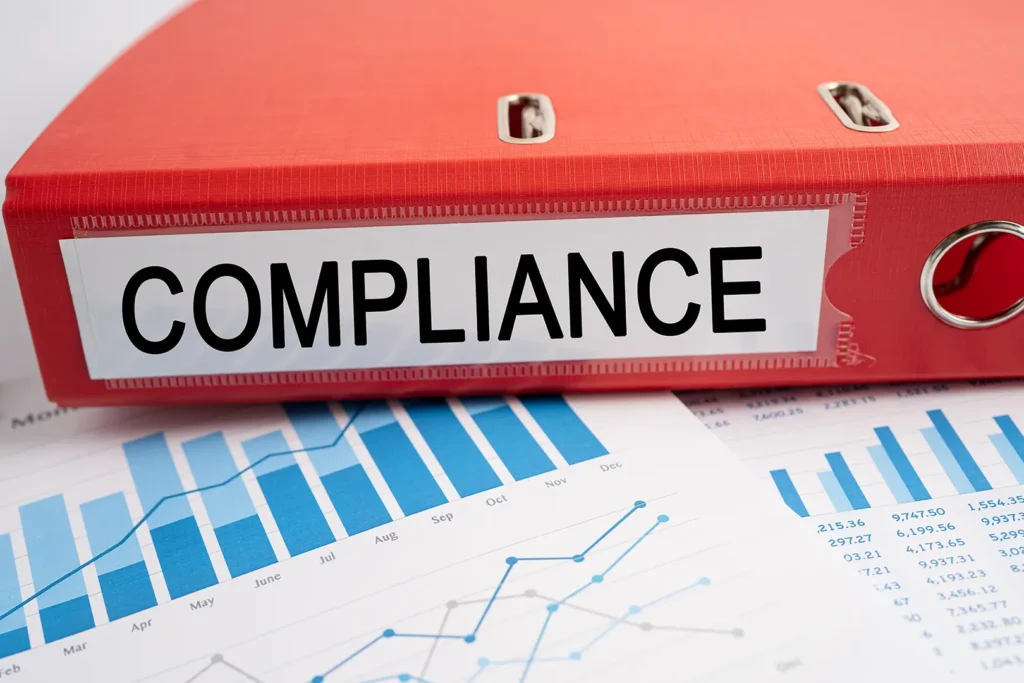Audit and compliance are closely intertwined, as both aim to ensure accuracy, transparency, and adherence to regulations. Audits provide an objective review of compliance efforts, while compliance programs help prepare businesses for successful audits.
How Audits Support Compliance
Audits help identify gaps in a company’s compliance efforts by reviewing internal controls, financial reporting, and adherence to regulations. By conducting regular audits, businesses can uncover potential risks and address them proactively before they escalate into legal issues.
H4: Benefits of Integrating Audit and Compliance
By integrating audit and compliance functions, businesses can create a more efficient and effective governance system. This integration reduces redundancy, improves risk management, and ensures that compliance measures are aligned with the company’s financial and operational goals.
“A well-audited business is a compliant business.” – Discover how our audit and compliance integration services can protect your company.
Risk Management and Fraud Prevention
One of the key benefits of audit and compliance is the ability to manage risk and prevent fraud. Regular audits and a strong compliance program help businesses identify vulnerabilities, enforce internal controls, and reduce the risk of financial mismanagement or fraudulent activity.














